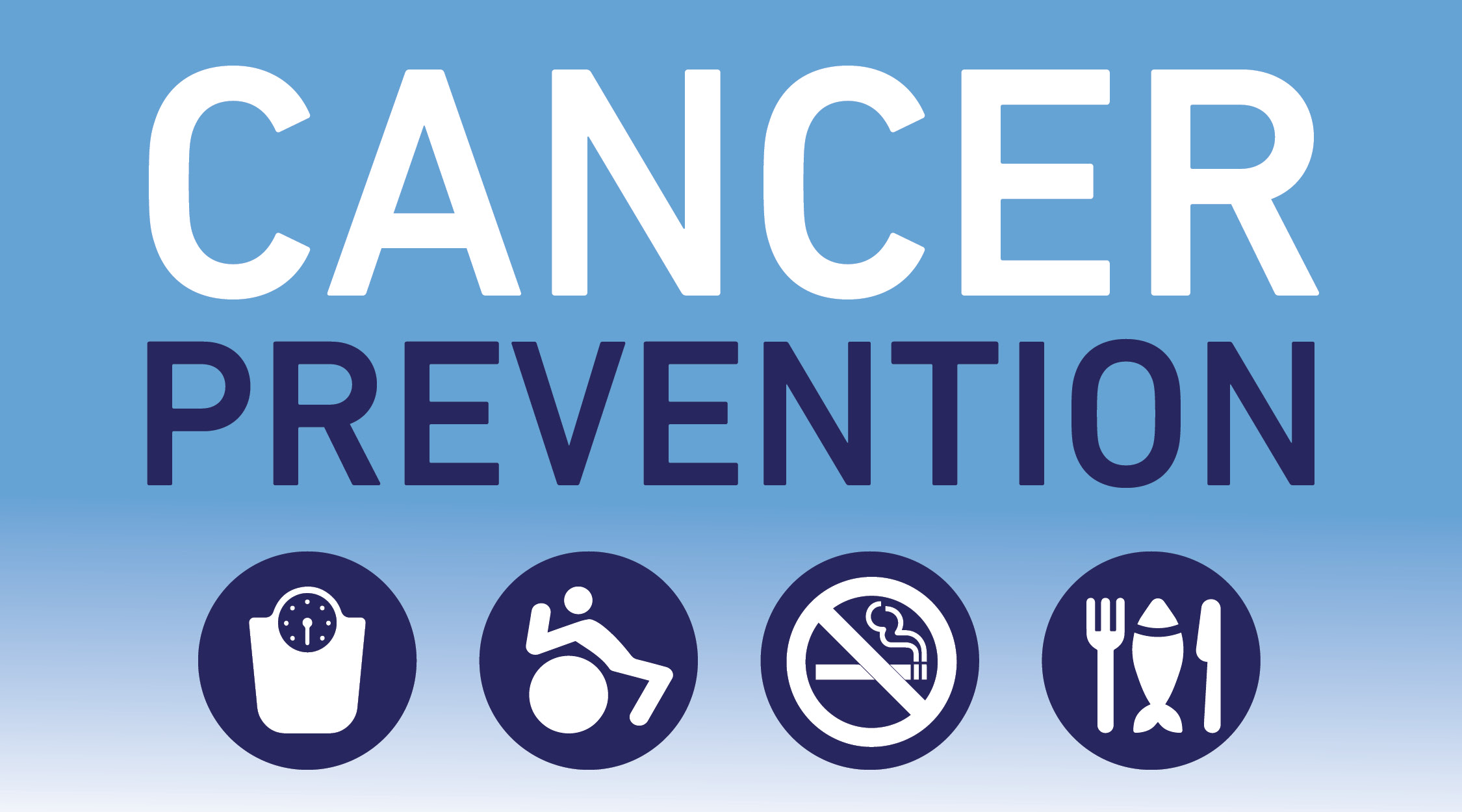Table of Contents
ToggleThe concerned
Anyone can get cancer,[6] the age is one of the biggest factors that can make a person more likely to get cancer: 3 out of 4 cancers are found in people aged 55 or older.
Dietary
While many dietary recommendations have been proposed to reduce the risk of cancer, the evidence to support them is not definitive. The primary dietary factors that increase risk are obesity and alcohol consumption; with a diet low in fruits and vegetables and high in red meat being implicated but not confirmed. A 2014 meta-analysis did not find a relationship between fruits and vegetables and cancer. Consumption of coffee is associated with a reduced risk of liver cancer. Studies have linked excessive consumption of red or processed meat to an increased risk of breast cancer, colon cancer, and pancreatic cancer, a phenomenon which could be due to the presence of carcinogens in meats cooked at high temperatures. Dietary recommendations for cancer prevention typically include an emphasis on vegetables, fruit, whole grains, and fish, and an avoidance of processed and red meat (beef, pork, lamb), animal fats, and refined carbohydrates.
Medication
The concept that medications can be used to prevent cancer is attractive, and evidence supports their use in a few defined circumstances. In the general population, NSAIDs reduce the risk of colorectal cancer however due to the cardiovascular and gastrointestinal side effects they cause overall harm when used for prevention. Aspirin has been found to reduce the risk of death from cancer by about 7%. COX-2 inhibitor may decrease the rate of polyp formation in people with familial adenomatous polyposis however are associated with the same adverse effects as NSAIDs. Daily use of tamoxifen or raloxifene has been demonstrated to reduce the risk of developing breast cancer in high-risk women. The benefit verses harm for 5-alpha-reductase inhibitor such as finasteride is not clear.
Vitamins have not been found to be effective at preventing cancer, although low blood levels of vitamin D are correlated with increased cancer risk. Whether this relationship is causal and vitamin D supplementation is protective is not determined. Beta-Carotene supplementation has been found to increase lung cancer rates in those who are high risk. Folic acid supplementation has not been found effective in preventing colon cancer and may increase colon polyps. It is unclear if selenium supplementation has an effect.
Vaccination
Vaccines have been developed that prevent infection by some carcinogenic viruses. Human papillomavirus vaccine (Gardasil and Cervarix) decreases the risk of developing cervical cancer. The hepatitis B vaccine prevents infection with hepatitis B virus and thus decreases the risk of liver cancer. The administration of human papillomavirus and hepatitis B vaccinations is recommended when resources allow.

